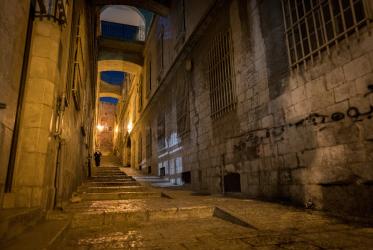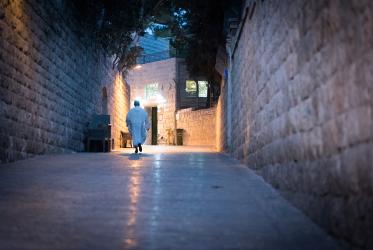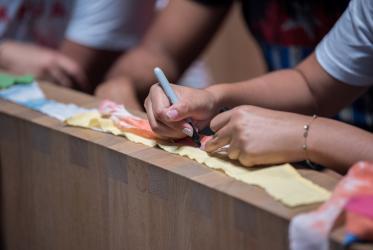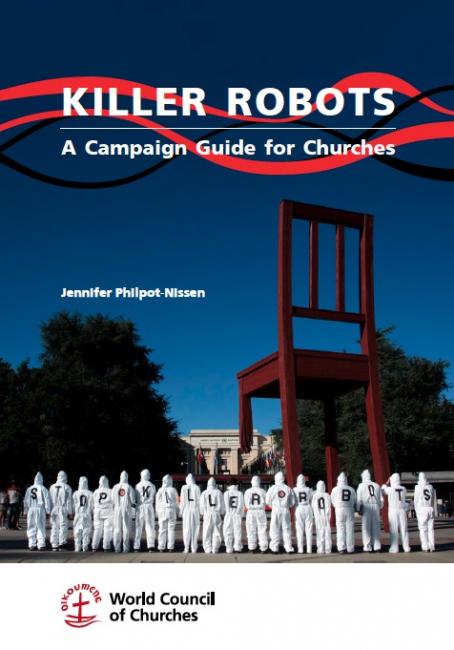The Churches of the World Council of Churches have been on a “Pilgrimage of Justice and Peace”—together with people of goodwill—since they met for their assembly in Busan in 2013. Building peace with justice has been at the heart of the ecumenical movement since its beginnings. It reflects the call of the churches in a wounded world caused by systemic injustice—racism, sexism, xenophobia, economic exploitation, and violence among humans and against nature, our “Mother”. While political advocacy, theological reflections, and ethical orientation have been high on the agenda of the World Council of Churches, the spiritual dimension of a “just peace” has not always received the same attention.
Starting a Pilgrimage of Justice and Peace, the WCC began to focus intentionally on “transformative spiritualities” in order to (re-)discover the strength of the many and diverse faith communities around the globe. What is the well of that distinct power to resist evil with good, to transform injustices into a life of dignity for all, to heal broken relations – including Mother nature? And what are some of the spiritual practices that inspire communities on that “sacred walk”?
This volume provides a selection of reflections on those transformative spiritualities, from Indigenous perspectives to women’s voices, from Black communities´ to campesino/as´ struggles, from specific Christian traditions to sister faiths. It is that common well we all drink from—inviting readers to participate in that promise that a life in peace and justice is, in fact, possible for all.
08 June 2022
















